Did you know that the foundation of your baby’s health is laid during the first 1,000 days of his or her life?
As a parent that’s quite a responsibility, and it’s important that your baby has everything needed in their diet from day one.
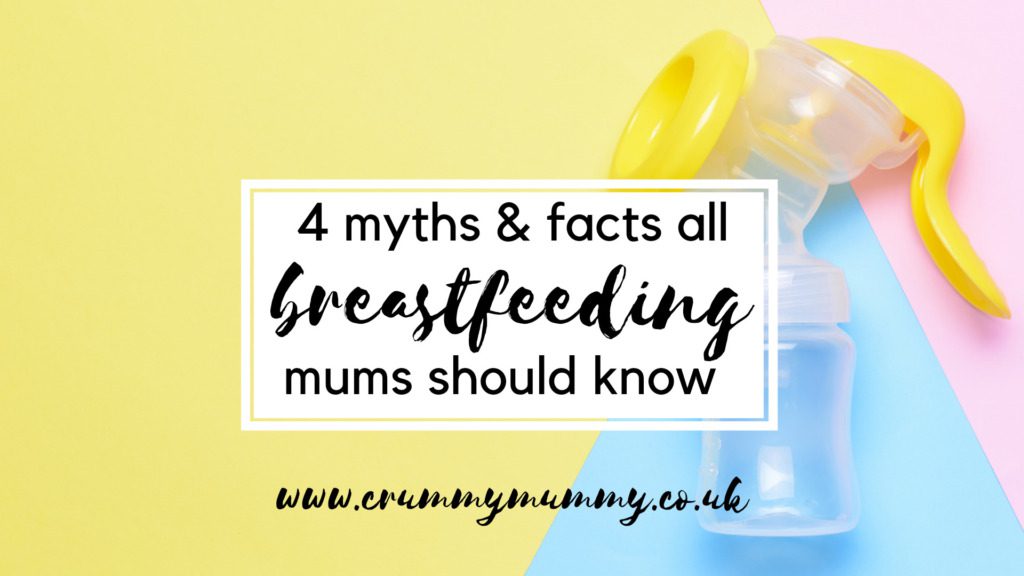
We all know breastfeeding is the ideal start for a child’s life because breast milk is enriched with all the necessary nutrients for well-being and growth. It also promotes sensory and cognitive development as well as intellectual development, and has benefits for the nursing mother too.
This post may contain affiliate links. This means if you buy something after clicking on a link, I’ll earn a few pennies to help me keep creating posts like this, at no extra cost to you!
But there are also lots of breastfeeding myths floating about, so, in this collaborative post, we separate the breastfeeding myths from the facts.
4 myths & facts all breastfeeding mums should know
There’s no need for a nursing mother to follow a strict diet
If your diet was healthy before your pregnancy, there is no need to radically change your eating habits after childbirth. In fact, the greatest attention to your diet should be paid in pregnancy because during the prenatal period a baby develops tastes and preferences. For three months after birth, while your baby’s digestive system is still immature, it’s best to be careful but it doesn’t mean immediately excluding any food. It’s recommended to avoid unknown products and that’s it.

Breast milk stays nutritious as long as your baby needs it
Some say that after six months, human milk is no longer nutritious which is a big fat myth. Breast milk consists of several fractions, which can be equated to a full meal. During breastfeeding, the first millilitres contain so-called ‘soup’ which looks more like white water, not milk. After that, breast milk containins all the necessary nutrients for a full meal. Even more amazingly, it can change even during a single feed. The content also changes, depending on the day and season, as well as the child’s age. The production of milk in the mother’s body is adapted to the baby’s needs, and this ability does not disappear magically after your baby is six months old.
Fed is best
Sometimes a mother may blame herself for not breastfeeding. However, there are millions of reasons why breastfeeding may not be appropriate. For example, due to illness or a baby’s milk allergy. Bottle-feeding allows any friend or family member to feed your baby and develop a bond, and also gives mum a break. Of course, it’s not possible to fully reproduce the unique content of human milk, but innovative technologies make it possible to create a baby formula similar to breast milk as possible.
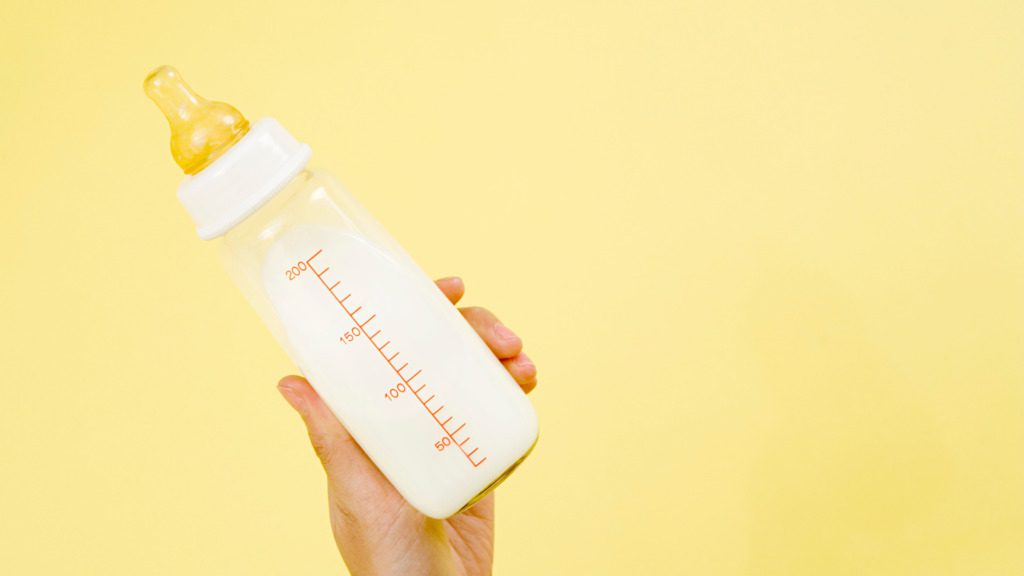
Breastfeeding isn’t always painful
Breastfeeding might hurt for the first time, but this sensation will pass and if you can survive the first few days then generally things will only get better. Ask for help from an experienced midwife or breastfeeding counsellor if you are experiencing problems and also chat to breastfeeding friends so you can share your experiences and offer each other moral support.
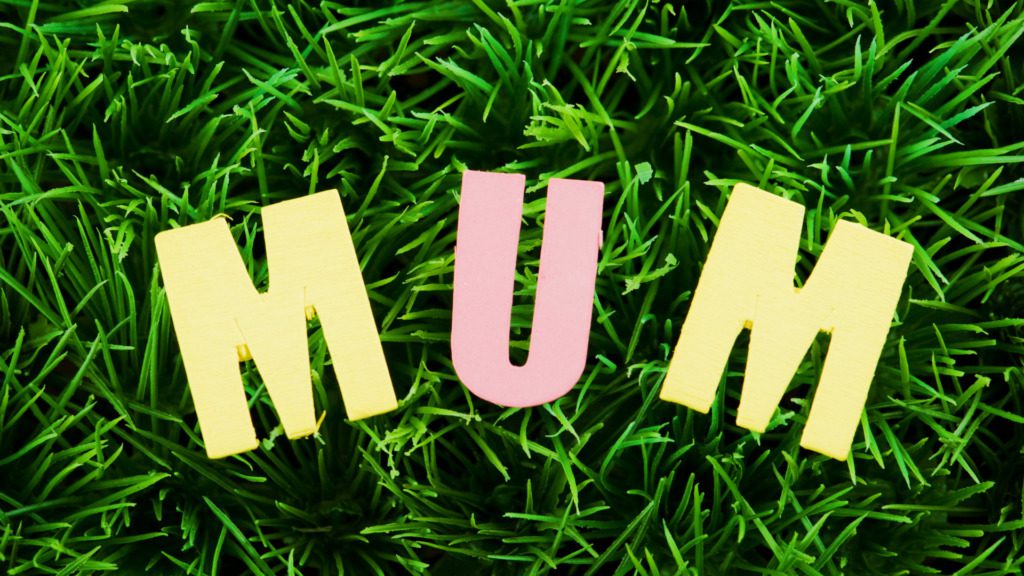
This is a collaborative post.

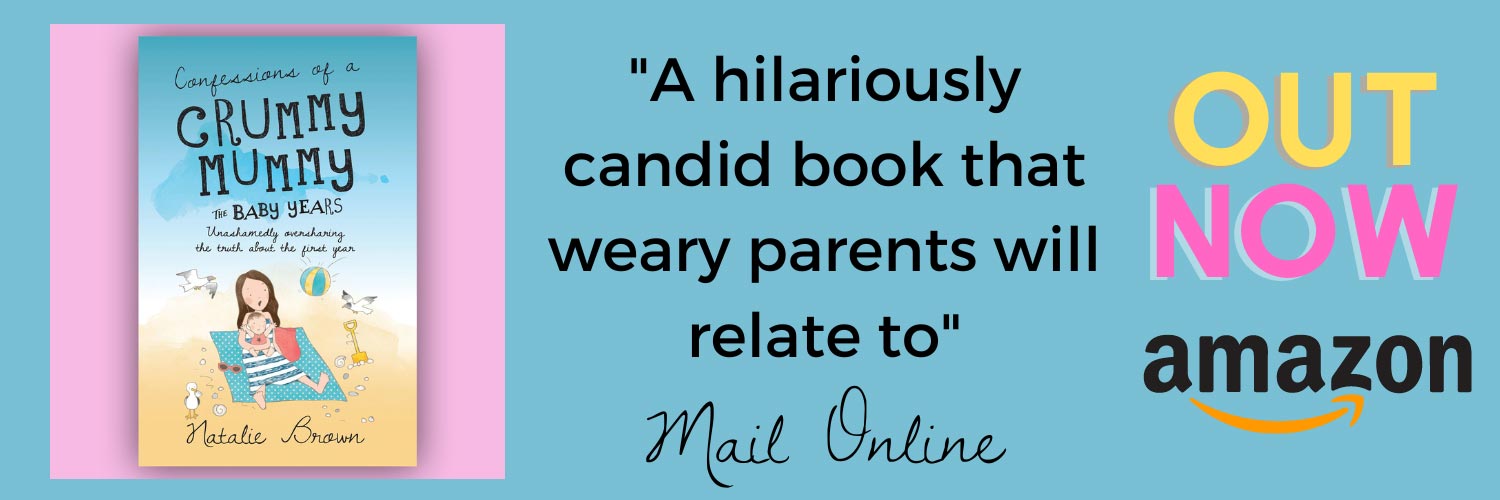
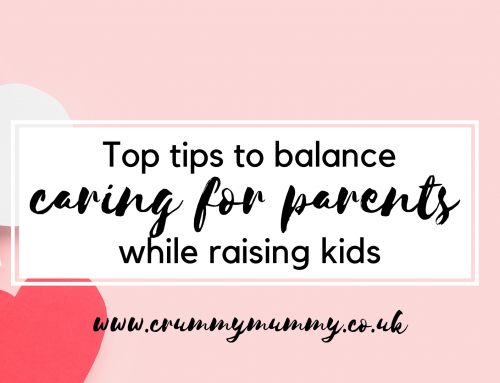
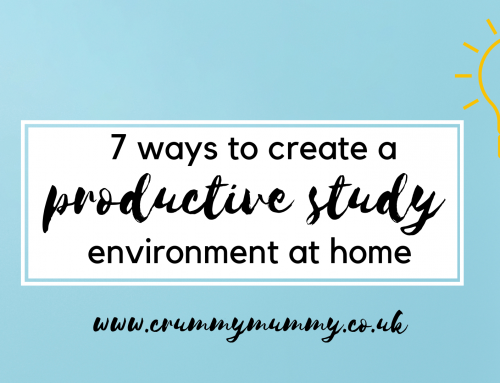
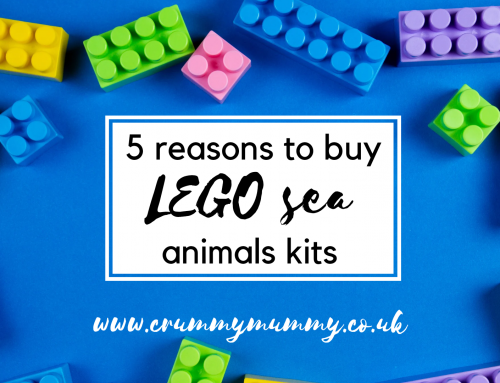







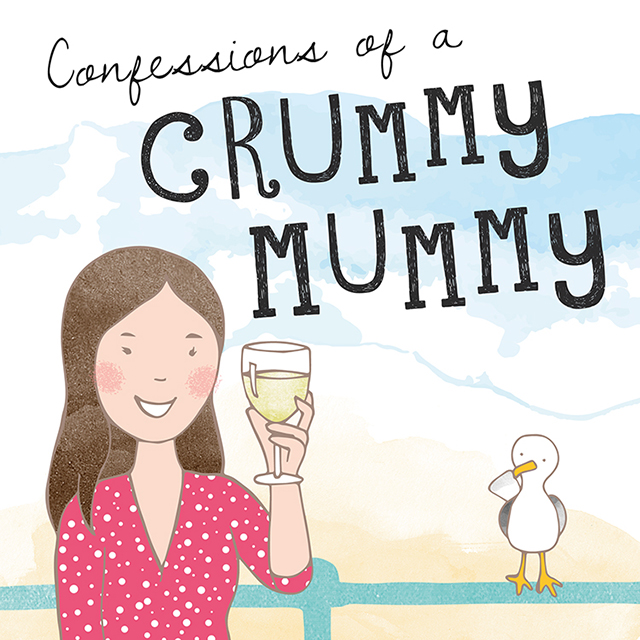
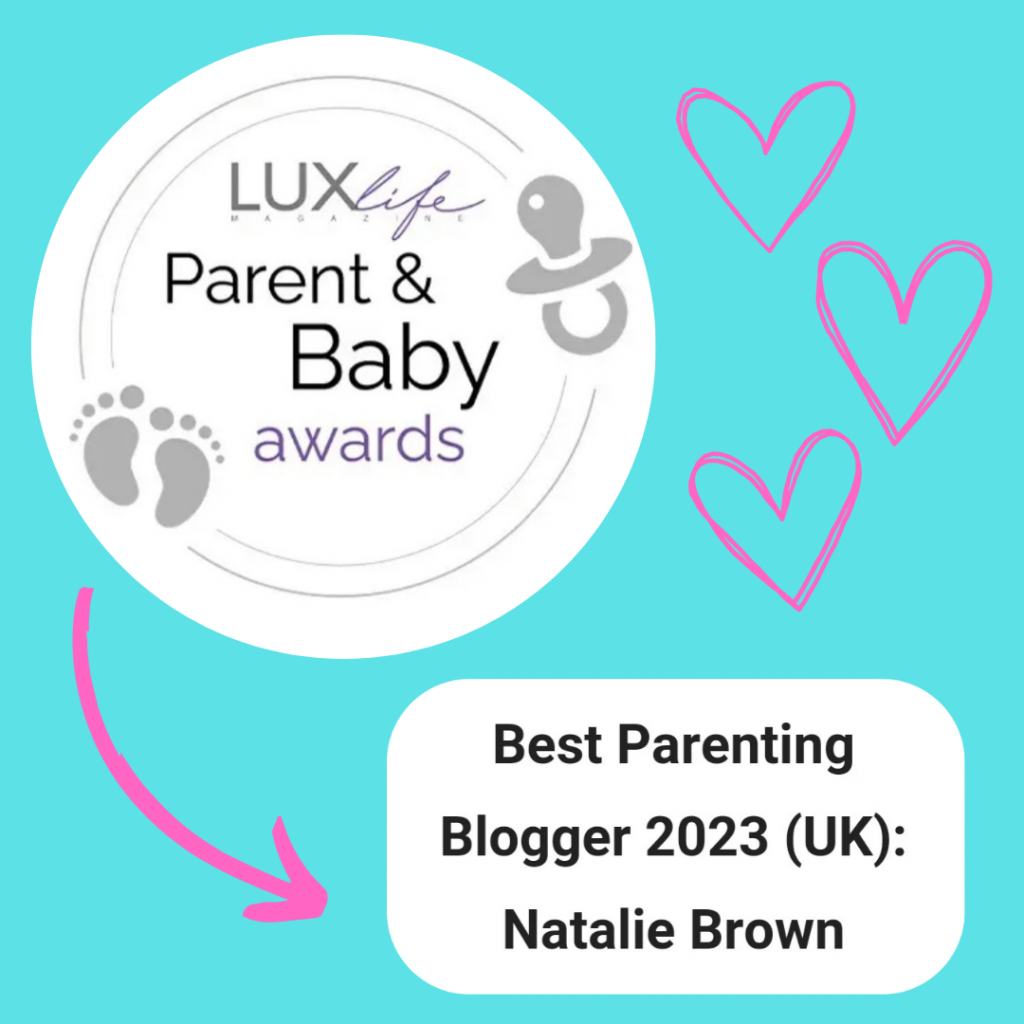











Leave A Comment